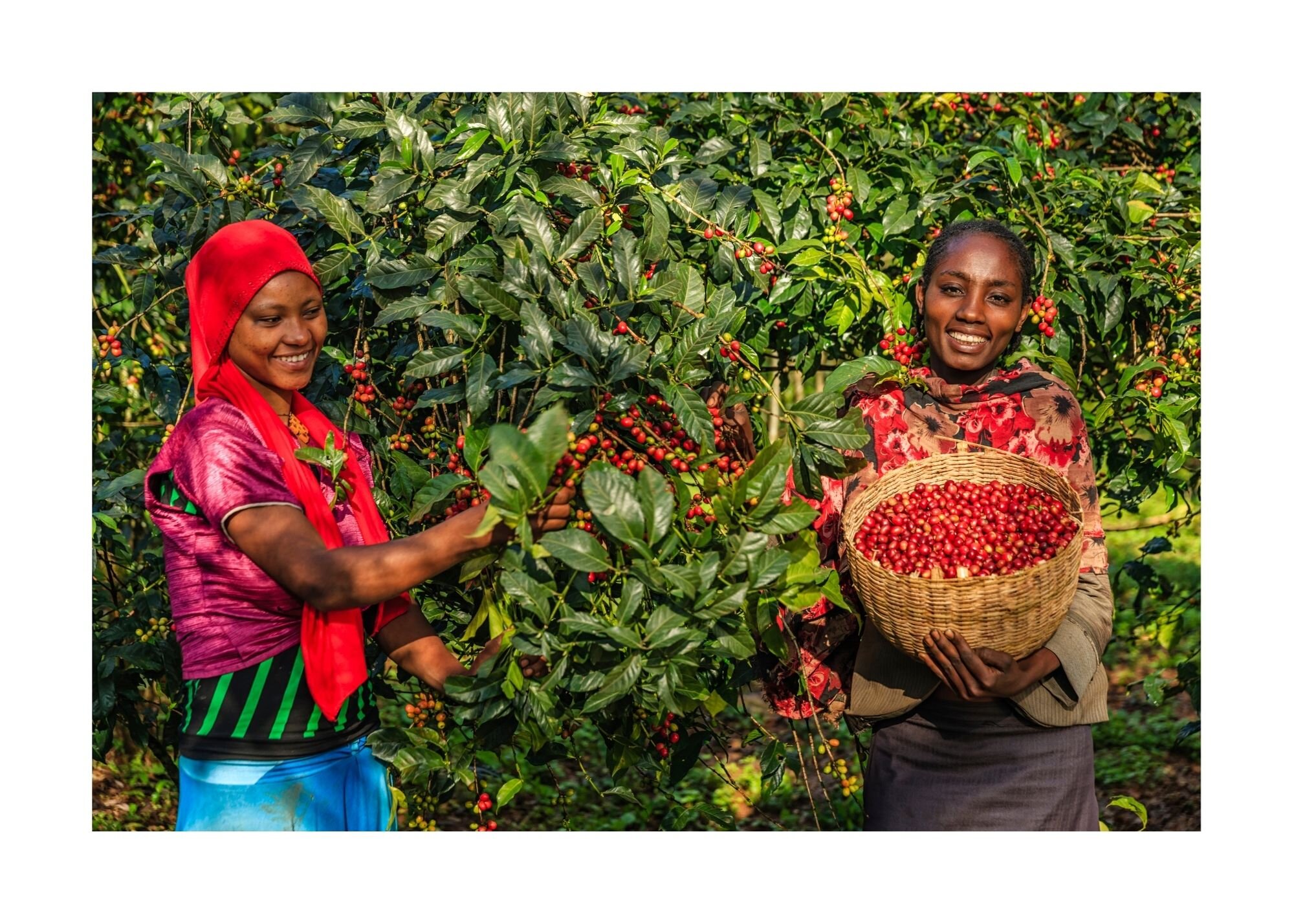On the Ground
Explore our work with partners, globally and locally, to tackle social and economic injustice using a human rights lens.

Marriage and Property Rights
Marriage and Property Rights: GI-ESCR and partners build pathways to gender equality in Asia and Africa

This 22 June 2021, GI-ESCR, the African Commission for Human and People’s Rights (ACHPR), IGED-Africa, the Centre for Human Rights of the University of Pretoria, IWRAW-AP and ESCR-Net convened a workshop on Marriage and Property Rights: Pathways to Gender Equality in Africa and Asia. The event allowed UN experts, ACHPR’s Commissioners and civil society organisations and activists in Africa and Asia to learn, share visions and strategise on women’s equal rights to property.
GI-ESCR has worked for several years with its partners to place women’s property rights on the agenda of the African Commission on Human and People’s Rights (ACHPR) and to encourage the adoption of specific regional standards on these issues. In 2018 we succeeded in having the ACHPR adopt a resolution affirming its intention to elaborate a General Comment on Article 7(d) of the Maputo Protocol, on 'equitable share' of matrimonial property. This was a goal on which we worked for 7 years until General Comment no.6 was adopted by the ACHPR in 2020. These efforts also allowed to have a strengthened and more coordinated movement to advance women’s rights to land and productive resources at international and regional levels.
This workshop on Marriage and Property Rights: Pathways to Gender Equality in Africa and Asia bulit on this work and focused on strengthening and deepening partnerships between organisations, including women in Africa organising through legal networks, as well as with international organisations active on these issues. Convening more than 40 women’s rights experts, activists, and community members from Africa and Asia to share their insights, challenges and lesson learned advocating for women’s equal property rights, the workshop allowed to:
-
Foster mutual learning from the differences and similarities of the situation of women’s marital property rights in Africa and Asia;
-
Popularise the contribution of the ACHPR in this regard including the development of soft law instruments, such as the General Comment No. 6 on the Maputo Protocol and encourage civil society organizations to make effective use of General Comment No. 6 on the Maputo Protocol;
-
Exchange information on effective advocacy strategies and tools to advance women’s right to marital property in Africa and Asia.
As keynote speakers, several international and regional experts from Africa and Asia helped lead, inform and frame the discussions during the event, including the following UN and ACHPR experts:
-
Honourable Commissioner Teresa Manuela, Special Rapporteur on the Rights of Women in Africa;
-
Honourable Lucy Asuagbor, Former Commissioner and Special Rapporteur on the Rights of Women in Africa (SRRWA) of the ACHPR;
-
Ms Virginia Brás Gomes, Former President of the UN Committee on Economic, Social and Cultural Rights;
-
Honourable Commissioner Soyata Maiga, Former Vice President and Special Rapporteur on the Rights of Women in Africa (SRRWA) of the ACHPR;
-
Ms Aruna Devi Narain, Member of the UN Committee on the Elimination of the Discrimination Against Women (CEDAW Committee); and
-
Ms Prof Savitri Goonesekere, Former member of the CEDAW Committee.
Background
In African and Asian societies, women are often seen as dependent on male family members considering male authority as the key and unchallenged decision-maker power in the household. The family domain is, therefore, often a space in which gender inequality is accentuated, significantly affecting the conditions for women’s enjoyment of their full range of rights. Despite considerable progress made in recent years in the development of gender equality and anti-discrimination laws at the regional level, many women in Africa and Asia remain unable to exercise their rights for a myriad of reasons related to the persistent gaps in legal protection, pervasive social and religious practices that reinforce negative gender roles, and the lack of State institutional capacity and resources, all factors which create a wide disconnection between rights and reality.
One of the key areas of concern at the family level are discriminatory marital property arrangements. In this terrain, unequal power relations between women and men are commonly reflected in women’s lack of access to an equal share of the property derived from marriage. As a result, women are all too often more susceptible to poverty and dispossession and their agency and possibility to decide upon their own future is severely compromised. Secure and equal marriage and property rights are thus directly related with women’s enjoyment of other fundamental rights, such as the rights to education, to work, to an adequate standard of living, as well as to be free from gender-based violence.
This comparative analysis between the regions of Africa and Asia in relation to matrimonial property assisted civil society organizations in the development of advocacy tools and strategies, share lessons learned and identify ways forward to combat structural conditions of discrimination against women in and out of marriage.
The workshop was also a fantastic opportunity to present and disseminate the content of the General Comment No. 6 on the Maputo Protocol that was recently adopted by the ACHPR, as well as for civil society organizations to share their experiences using this key refrence legal tool in local and regional advocacy strategies.
Stay tunned for the outcomes report of the event in which we will share the key takeaways of the event!





